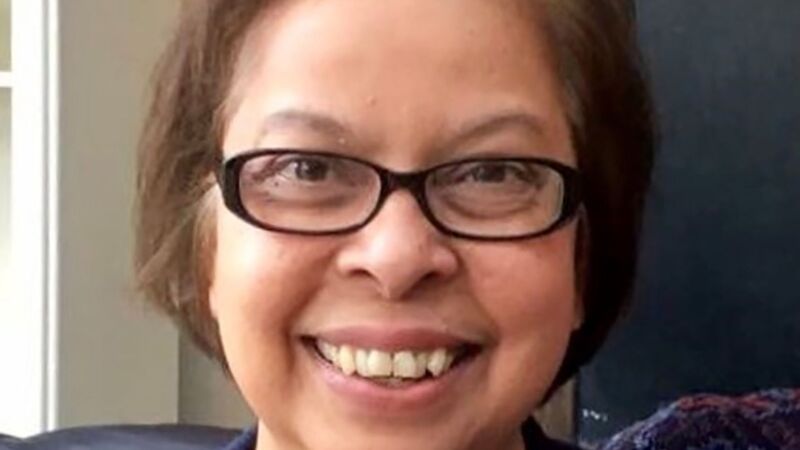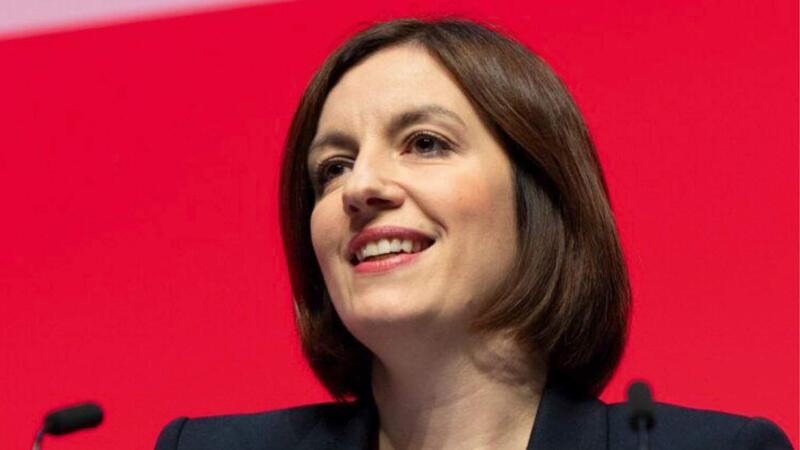You are viewing your 1 free article this month. Login to read more articles.
Kieran: 'white middle class men should talk about diversity'
White middle class men should not be afraid to talk about and challenge publishing's lack of diversity, Unbound c.e.o. Dan Kieran has said.
Lack of diversity is one of the biggest challenges facing the publishing industry, Kieran thinks, and publishers could do more to change this by engaging directly with diverse audiences.
Writing in a post for the i, Kieran said that white people in the publishing industry, particularly white middle class men, should not be afraid to talk about and challenge publishing's lack of diversity. He said a conversation with a black author made him realise that “dealing with my own failings of running a publishing company that only had white staff, and published 99% white people, was more important to me than accidentally revealing myself as racist to a black man”.
Kieran said: “It has taken me a few years, but I’ve realised that the 'not being racist' part of my whiteness requires you actually to do something – assuming you have the power to do something. If you work in publishing, and hire, or publish anyone, then you have the power to do something. You have to do something, even if doing so means you have to admit you are in a hole of racism."
Kieran told the Bookseller that the momentum to change the industry will come from a direct connection to readers who have the energy and buying power to affect what is published. Unbound’s crowdfunding model enables the publisher to engage directly with audiences who are able to interact with and contribute to the publishing process. Involving readers in this way serves to bypass the restrictive nature of traditional publishing, Kieran argued. He gave the example of the successful race anthology, The Good Immigrant, which was quickly funded by a large amount of supporters and proved that there was a burgeoning market for such texts.
“We don’t think it’s possible to reflect the diversity of society if you do not deal directly with the consumer – that’s where the power is”, said Kieran. “It’s a business imperative for us. We don’t need initiatives or conscious desire to change. It’s our authors that have that power. The publisher of the future has to engage with its audiences.”
Kieran went on to say that two big challenges affecting the industry were the threat of Amazon's large market share and lack of diversity, which he argued are connected. Catering to underrepresented members of society will enable the industry to reach more readers and challenge Amazon’s pricing techniques, he said.
“I’ve never doubted the will and commitment of publishers to change, I just wonder if they have the levers to change. Publishers don’t sell books to readers, they sell to shops.”
In 2017, after realising he had only read books by white men the previous year, Kieran made a commitment to only read books by non-white and non-male authors. He said he consumed “fantastic stuff” and “felt like an idiot” for not exploring such texts earlier. “The diversity question is baffling – all anyone in publishing wants to do is read great stories, and a lot of those are stories that are different from our own. We can’t allow [lack of diversity] to continue", he said. "We’ll need to be open and honest and admit that we’re not sure what to do. It’s important to talk about it.”
Kieran added that part of the solution lies in the new generations entering the industry. "We’re led by the people who work at [Unbound], the majority of whom are under 40. It’s evident to them that books need to reflect society and they don’t have the same hang ups [that my generation does] about addressing that", he said.
There has been a drive to tackle lack of diversity in the industry within the past 18 months. The Publishers Association recently introduced diversity targets and 10-point plan for publishers, Penguin Random House's has launched an "inclusion tracker", and HarperCollins is running a BAME traineeship programme for non-graduates, among other initiatives.


















